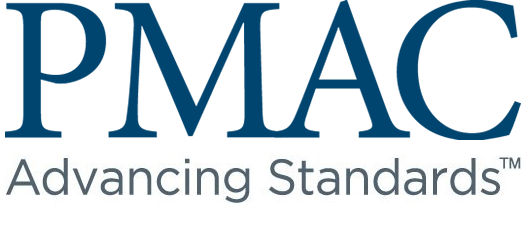Portfolio managers are firms and people who manage investment portfolios on behalf of private clients, foundations, endowments and pensions. Portfolio managers differ from mass-market or retail investment managers because they manage larger amounts of money for fewer clients. This often results in lower management fees.
Portfolio managers are also known as:
- Investment Counsel or Investment Counsellors
- Asset Managers
- Investment Managers
- Wealth Managers
- Advisers
How a Portfolio Manager Can Help You?
A portfolio manager develops a written agreement (usually known as an Investment Policy Statement or IPS) that takes into account your specific investment needs and goals. Your IPS is the basis upon which your portfolio manager selects an appropriate mix of investments and makes discretionary adjustments to your portfolio. You and your portfolio manager should meet at least annually to ensure your IPS is up to date and reflects your needs.
What are the Benefits of Working with a Portfolio Manager?
- Fiduciary Responsibility
Portfolio managers have a fiduciary duty to act with care, honesty and good faith, always in the best interest of their clients. Investment decisions therefore must be independent and free of bias. This results in a higher level of trust placed on portfolio managers.
- Professional Qualifications
As fiduciaries, securities regulation requires the highest level of education and experience in the investment industry.
- Personalized Management of Your Portfolios – Portfolio managers provide ongoing management of your investments based on your objectives and risk tolerance outlined in your IPS. You typically give authority to the portfolio manager to make investment decisions without getting prior approval from you for each transaction (called ‘discretionary management’).
- Fees
Portfolio managers charge a percentage of the investments they manage. This fee is transparent and generally much less than retail management and distribution costs, which are often embedded as a cost of doing business. It’s important to note that your money must reside at a custodian financial institution for an extra layer of protection and safety and there is usually a small additional fee for this service. Fees are fully transparent on client statements and typically go down as a percentage of your portfolio as your assets grow. Fees are not paid by commission based on volume of buying or selling investments and are significantly lower than typical mutual fund fees.
- Investment Policy Statement (IPS) or Written Agreement
An individual written agreement will be established to set out how you will work with your portfolio manager, including ongoing communication, types of investments, reporting, fees, risks and other issues related to your own circumstances.
- Registration
Both the firm and the individual who is managing your investments are registered and monitored by provincial securities commissions.
- Legal Requirements of Firms
Firms registered as portfolio managers must meet strict financial reporting, capital and insurance requirements to further protect your investments.

